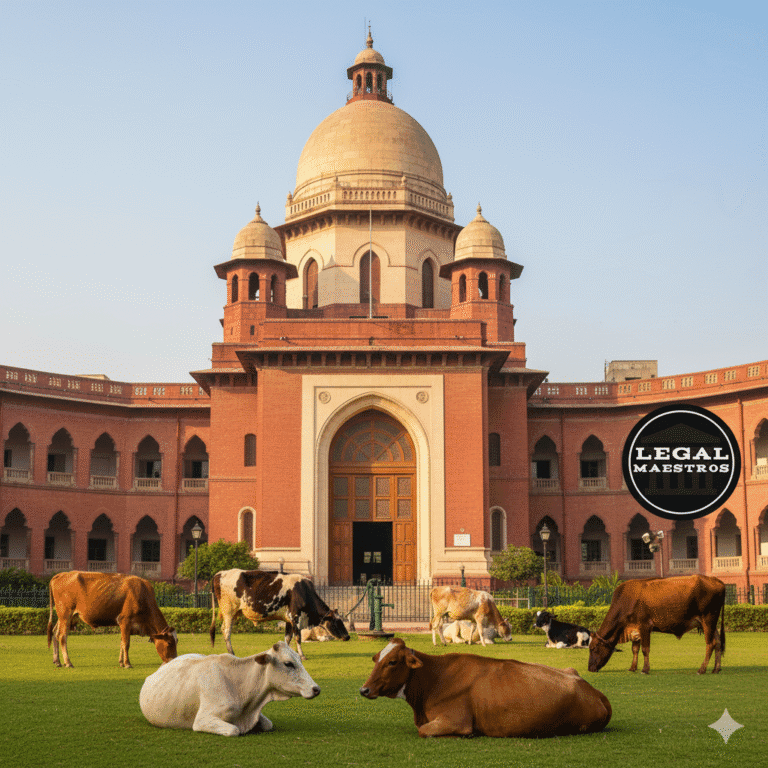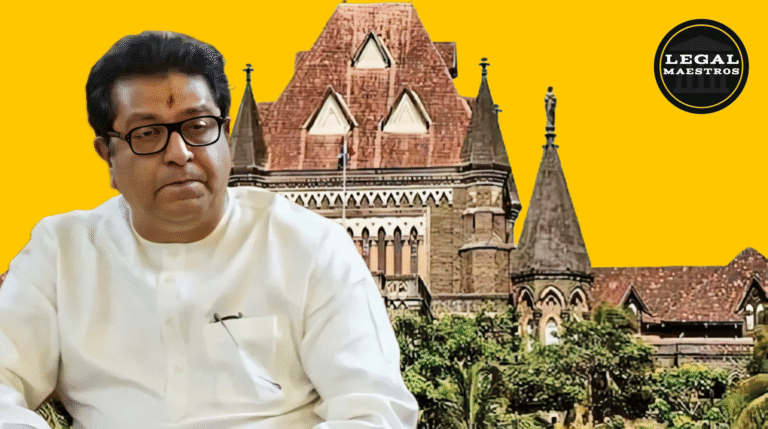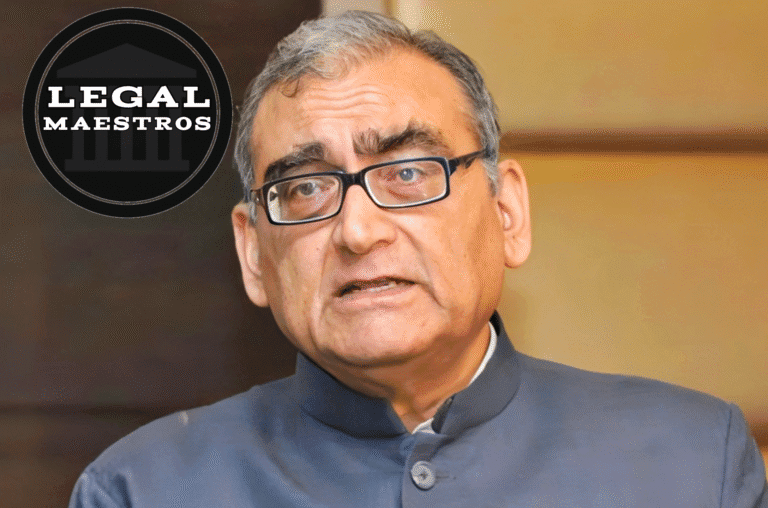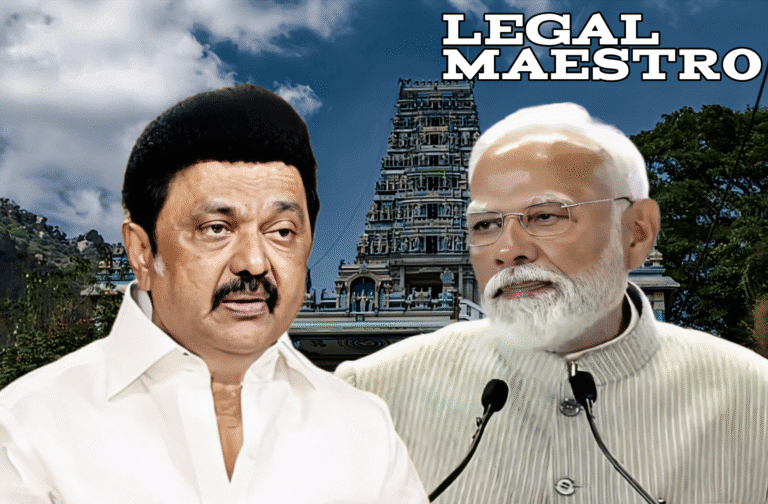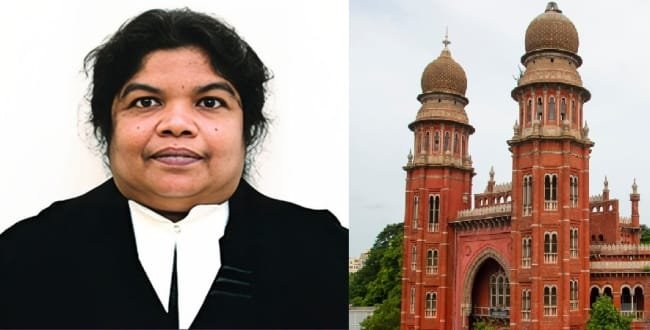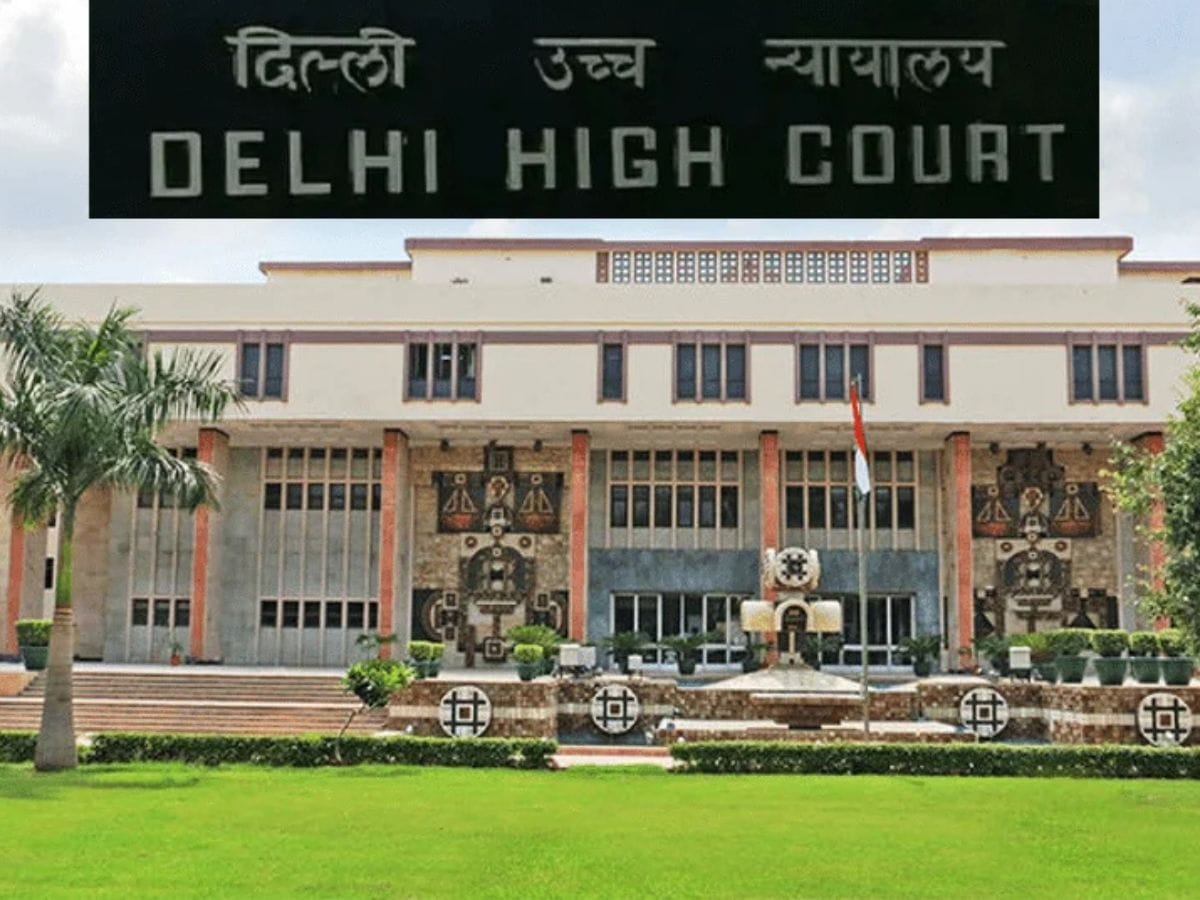
Delhi high Court
The Delhi High Court on Monday quashed a 1984 acquittal ruling that had freed four men charged over the anti-Sikh pogrom of 1984 that was seen as a landmark case and announced a retrial on the basis that the process through which they were acquitted was conducted with haste and the investigating authority, the Central Bureau of Investigation (CBI), had not gathered sufficient material (Court on its Own Motion v. State, 2024).
The case occurred because one Sikh man was murdered in the Raj Nagar area in Ghaziabad the day after the assassination of the then Prime Minister Indira Gandhi. The wife of his deceased alleged that the accused persons had raided their home and burnt it down leading to the death of her husband. However, in May 1986, the trial court discharged the accused of the charges of arson and murder stating that there was incongruence in her statement and lapse of time in lodging the complaint.
A Bench of Justices Subramanian Prasad and Harish Vaidyanathan Shankar set suo motu proceedings in motion observing that five others had repeated reliance on an earlier acquittal relating to the same incident in 1986 by delinked councillors of the Congress party, including former councillor Balwan Khokhar. It was recorded by the High Court that no party (State or victims) has ever contested the verdict handed it in 1986, and that investigation and the trial into the case was prima facie perfunctory.
For any queries or to publish an article or post or advertisement on our platform, do call at +91 6377460764 or email us at contact@legalmaestros.com.
The trial court had acquitted the accused, which the Bench in its 48-page verdict, characterized as having resulted in “miscarriage of justice” to the family of the victim and had denied the right of that family under the Constitution to a fair trial guaranteed under Article 21 of the Constitution. It believed that the CBI did not manage to trace the body of the deceased person, recovering the stolen goods or connect the major natural witnesses like the children who were there during the event and the neighbours.
The court said these mistakes have led to miscarriage of justice as it is clear that in this case the serious crime of murder and arson with communal overtones, has neither been properly prosecuted by the Investigating Agency, nor tried in good plex by the Additional Sessions Judge. It also stated that the granting of these lapses would create a lack of faith in our legal system as well as in the interest of the society.
The Bench also held that the mass carnage after the assassination of Indira Gandhi had left a good number of people homeless, though it was quick to remind the fact that this in no way exonerated the investigating agency of its duties under the Code of Criminal Procedure to get the best available evidence within its investigative powers.
For any queries or to publish an article or post or advertisement on our platform, do call at +91 6377460764 or email us at contact@legalmaestros.com.
The senior advocate Vivek Sood who was at the case as an amicus curiae argued that the acquittal by the trial court was completely perverse and that the complainant had been cruelly driven out of Delhi having lost her husband and home. The defense attorney representing the only living defendant opposed a retrial by bringing forth the argument that it would not have any utility.
The High Court however made it clear that the retrial would commence against the single living accused, whereas the three other deceased since then had their proceedings aborted against them. The CBI was asked to speed the trial with the consideration of the passage of time since the incident.

